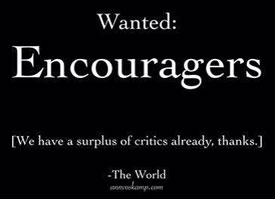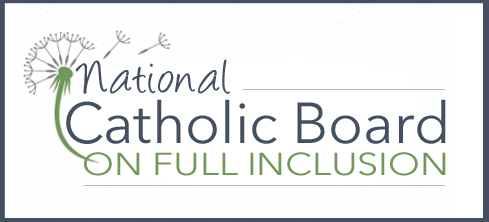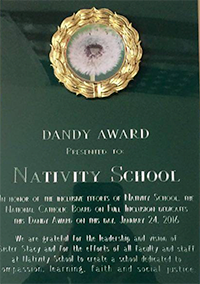Vicki Graf, Special Education Professor
1 LMU Drive, Suite 1500, Educational Support Services
Loyola Marymount University
Los Angeles, California 90045
Phone (310) 338-7305
✉ vgraf@lmu.edu
Web soe.lmu.edu
Kathy Gee, Professor, College of Education
Eureka Hall 322
6000 J Street
California State University, Sacramento
Sacramento, California 95819
Phone (916) 278-4077
✉ kgee@csus.edu
Web www.csus.edu/coe/faculty/profiles/gee-kathy.html

Cindi May, Psychology Professor
55 Coming St., Office #103
College of Charleston
Charleston, South Carolina 29424
Phone (843) 953-6735
✉ mayc@cofc.edu
Web blogs.cofc.edu/mayc/
Dr. May’s Open Letter on Inclusion
Martin Scanlan, Associate Professor
Lynch School of Education, Campion Hall 216
Boston College
Boston, Massachusetts 53223
Phone (617) 552-4185
Skype martin-scanlan
✉ martin.scanlan@bc.edu
Web bc.edu/schools/lsoe/facultystaff/faculty/Scanlan.html
I have spent many years in Catholic schools — first as a student, then a teacher and administrator, and now as a researcher. Over these years, I have come to know and love this sector of schools as places characterized by warmth, compassion and care. Catholic schools are places where families are expected to play a central role. Most explicitly acknowledge parents as the primary educators in their handbooks!  They are places where the common routines of schooling – managing schedules, attending classes, eating in cafeterias – are punctuated with prayer. They are most often relatively small schools, places where younger students routinely work with older students and teachers often know children as children – not just as students. For these reasons and many more, Catholic schools are places where the dignity of each child and a commitment to the common good are woven deeply into the culture. These years have not only allowed me to develop a deep appreciation and respect for this sector of schools, but have also provided me with a sense of duty and obligation to speak out against errors I see within. The most glaring of these is a “preferential option for the privileged” that mar the cultures of far too many Catholic schools. This preferential option for the privileged is manifest in many ways, such as when schools cling to financing models which systematically reject students whose families cannot afford tuition, or to models of curriculum and instruction which marginalize those whose mother tongues are not English. But the most abhorrent and nefarious example of a preferential option for the privileged is in the rejection of students who have disabilities, exceptionalities, and special needs. My passion for inclusion in Catholic schools is rooted in this combination of a deep love for all that these schools can offer and a strong indignation at the hypocrisy I see when they exhibit anything less than a preferential option for the marginalized. — Martin Scanlan
They are places where the common routines of schooling – managing schedules, attending classes, eating in cafeterias – are punctuated with prayer. They are most often relatively small schools, places where younger students routinely work with older students and teachers often know children as children – not just as students. For these reasons and many more, Catholic schools are places where the dignity of each child and a commitment to the common good are woven deeply into the culture. These years have not only allowed me to develop a deep appreciation and respect for this sector of schools, but have also provided me with a sense of duty and obligation to speak out against errors I see within. The most glaring of these is a “preferential option for the privileged” that mar the cultures of far too many Catholic schools. This preferential option for the privileged is manifest in many ways, such as when schools cling to financing models which systematically reject students whose families cannot afford tuition, or to models of curriculum and instruction which marginalize those whose mother tongues are not English. But the most abhorrent and nefarious example of a preferential option for the privileged is in the rejection of students who have disabilities, exceptionalities, and special needs. My passion for inclusion in Catholic schools is rooted in this combination of a deep love for all that these schools can offer and a strong indignation at the hypocrisy I see when they exhibit anything less than a preferential option for the marginalized. — Martin Scanlan
Mary Carlson
“It has taken me a long time to realize that children diagnosed with special needs should not have to be dependent upon our charity for their justice. If we are to have Catholic schools, what children are most in need of our special love and care? Shouldn’t it be those who, according to Catholic social teaching, might be considered “the least among us” and “those to which the Kingdom of heaven belongs” (Matthew 19:14) Over the years, as in the epigraph, through the pain of turning these children away, pain which has fallen drop by drop upon my heart, has come the knowledge that if we are to serve any, we must try to serve all.”



